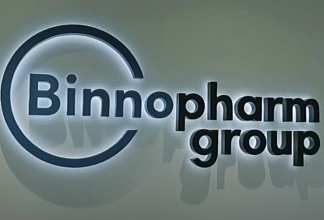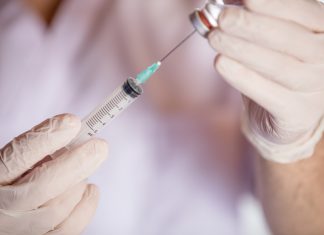Veterinary drugs worth 14.2 billion rubles (in retail prices, including VAT) were sold on Russia’s retail market (excluding its online segment) from January to August 2022. The change in rubles is still negative; moreover, demand continued to decline in August, resulting in a -5.4% growth rate compared to January–August 2021, RNC Pharma reports.
Consumption in natural units also reaches its new historic lows: the long-term change in minimum marketed doses (MMD) here has reached -21%. In total, 91.5 million medical products were sold through the offline channel of the retail market in the first eight months of the year.
August 2022 was, without exaggeration, the worst month in terms of dynamics both this year and over the past 2.5 years. The monetary volume of sales decreased by 16% y-o-y, while the dynamics in minimum marketed doses was -31%. Years 2020-2021 also saw recessions, especially in connection with the COVID-19 pandemic, but at that time the drop in monetary volumes was of a short-term nature and mostly due to weather conditions that inevitably affected demand. This year, the consequences of weather anomalies (an unusually hot August in the central part of Russia) were exacerbated by the outcomes of the March hype, a general drop in household incomes, and the fact that customers increasingly switch to the online channel.
The reduction of sales in monetary terms and in natural units in the veterinary drugs retail market has been going on for the fifth month in a row. Some changes can be expected here when the September results become known: this year the beginning of autumn was typical, which certainly influenced the consumption of seasonal veterinary medicines. But it will be possible to talk about this confidently only in a month, according to analysts.
Among the top 20 sales leaders in monetary terms for the period from January to August 2022, more than a half have shown a negative growth rate. At the same time, even the top-3 market participants have made a loss. MSD’s offline sales lost 5.2%, Elanco showed a 15% reduction, and Zoetis closes the top three with the most pronounced decline (-21%).
Significant growth within the top twenty was recorded for KRKA (+39%) and Vetbiochim (+33.7%). The portfolio of the Slovenian manufacturer grew mainly due to its Selafort antiparasitic drug (its sales doubled) and the antimicrobial otitis therapy Otoxolan (a 6.7 times increase). Russia’s Vetbiochim has been increasing sales of veterinary vaccines, and RNC Pharma mentions Asterion, the combined vaccine for dogs (sales growth of 6.3 times in rubles), Rabix rabies vaccine for dogs (a 4.1 times increase), and Rabifel rabies vaccine for cats (3.3 times).
As for the top twenty companies in terms of natural sales, only four of them managed to make a profit here. The maximum growth rate was demonstrated by Russian company Ascont+: it doubled its offline retail figures over the year. The drugs responsible for the increase were Metronidazole (5.4 times growth in MMD) and cobalt chloride (1.7 times), both intended for the treatment of farm animals. A noticeable growth was also shown by Spain’s Livisto Group (+33%). The result was provided by Doxifin, an antibacterial drug (+75%) and nonsteroidal anti-inflammatory drug Petkam (+17%), both intended for the treatment of pets.
The volume of the retail commercial market of veterinary medicines in Russia (excluding the online segment) in monetary and physical terms for January 2021 – August 2022




